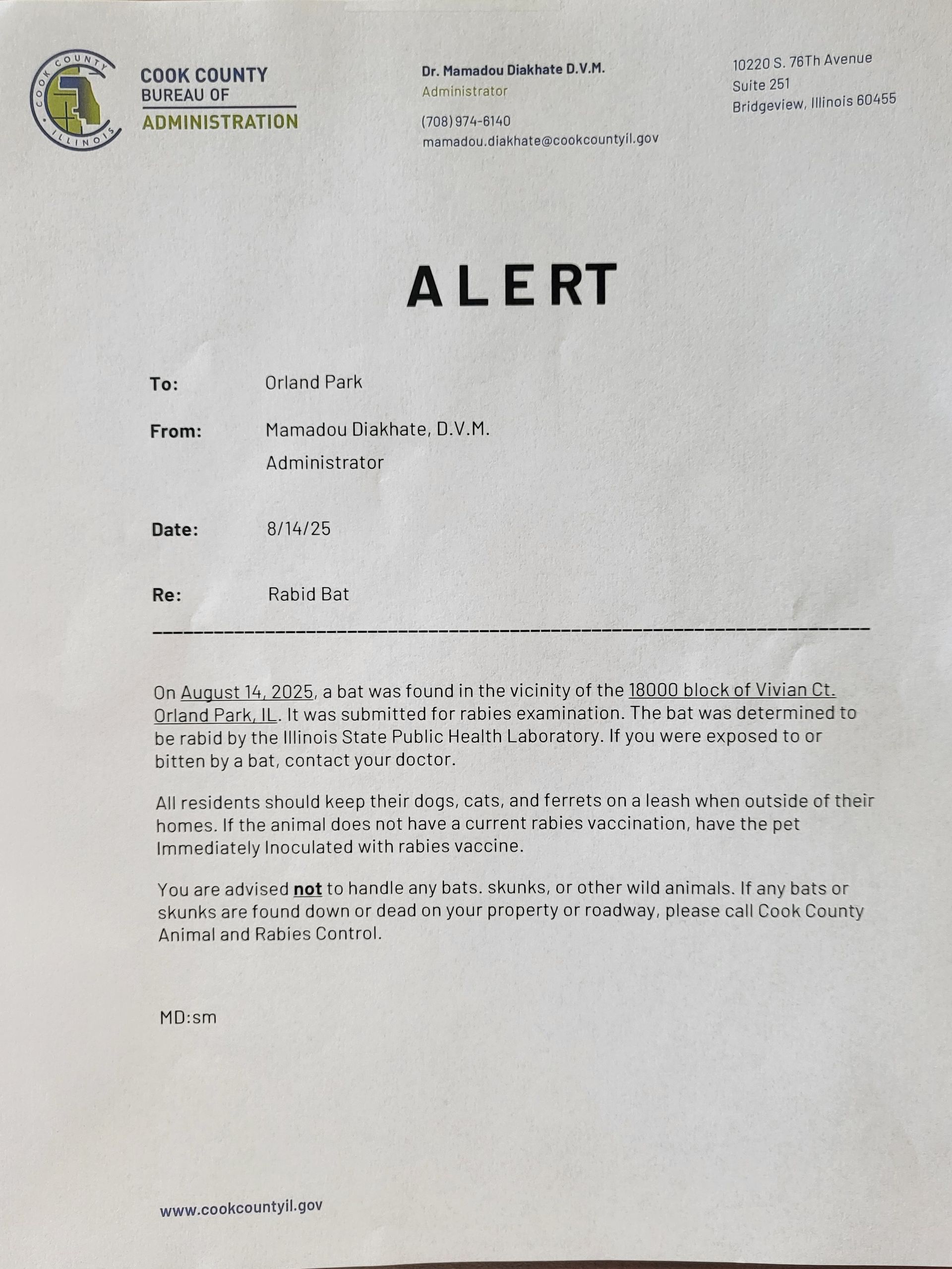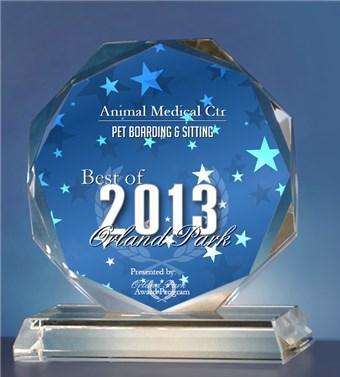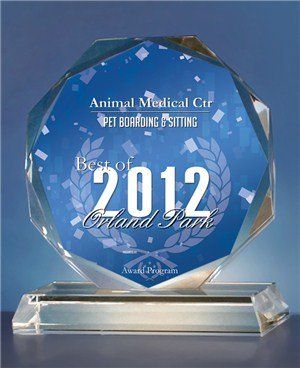Health Alert: Leptospirosis
HEALTH ALERT: LEPTOSPIROSIS
Leptospirosis (or Lepto) is a deadly bacterial disease spread by wildlife and domestic animals. Lepto has been diagnosed in all types of dogs. All breeds and sizes of dogs are at risk.
Lepto is the #1 cause of acute kidney failure in dogs. Common Lepto carriers include raccoons, skunks, possums, squirrels, rats, livestock, and other dogs.
The number of canine Lepto cases has risen dramatically in recent years, and CHICAGOLAND IS ONE OF THE AREAS WITH THE HIGHEST NUMBER OF LEPTO CASES IN THE U.S. This is due to the rat and raccoon populations carrying the disease.
Lepto is also a zoonotic disease, meaning it can be passed from animals to people. If you have a cut or an open sore and you come into contact with the urine of an infected animal, you can contract the disease. According to the Centers for Disease Control, Lepto in humans can cause kidney damage, meningitis, liver failure, respiratory distress, and even death.
HOW IS YOUR DOG EXPOSED?
Lepto bacteria are shed in urine. It can also survive for long periods in water. Dogs become infected when they come into contact with fresh urine from infected animals, or wade through or drink from contaminated water sources. The bacteria can also enter through a cut in the skin or mucous membranes, such as the eye, nose, or mouth.
Your dog can also contract Lepto by licking his or her feet after walking through grass where an infected animal has recently urinated. (Dogs often lick their feet due to allergies, or even boredom!)
IS YOUR DOG AT RISK?
Dogs living in urban, suburban, and rural areas are at risk. If you answer yes to any of the questions below, we strongly recommend you vaccinate your dog for Leptospirosis:
- Does your dog go outdoors?
- Does your dog drink from or wade in standing water?
- Is your dog exposed to areas where wildlife has been?
- Do you take your dog to dog parks, day care, overnight boarding, or grooming facilities?
- Do you live in a newly developed area or near farmland or woods?
- Has Lepto been diagnosed in your area in dogs or people?
Dog parks in our area have been requiring the Lepto vaccine for the past several years.
Animal Medical Center is now beginning to integrate the Lepto vaccine into our requirements for dogs who board, groom, or have surgery with us. This is to protect not only all of our canine friends, but also to keep our staff members safe, as again, this is a zoonotic disease.
Many of our clients have already been vaccinating their dogs for Leptospirosis. If you are not certain if your dog has been vaccinated for Lepto, please call us and we will be happy to check your chart for you. You may also check your online Pet Portal to view your pet’s records.


